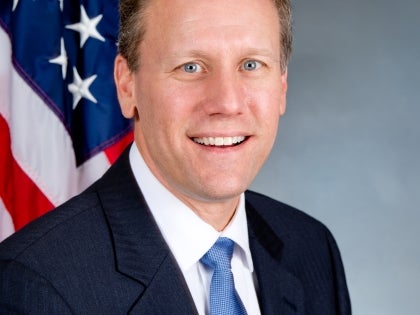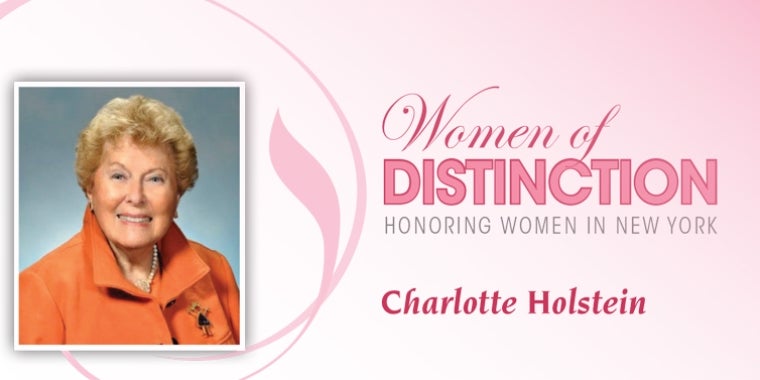
Medically Underserved Communities To Benefit Under Proposed Health Plan
State Senator David Valesky (D-Oneida) today praised legislation introduced by Senate Democrats to improve health care in medically-underserved communities, stimulate local economies by helping start-up businesses obtain health insurance and reduce the soaring costs of health care premiums by returning regulation of HMO rates to the State Insurance Department.
Sen. Valesky noted that Health Maintenance Organization (HMO) profits nearly doubled between 2001 and 2005, from $672 million to $1.3 billion, while HMO payment reimbursements decreased. At the same time, HMO premiums increased dramatically, outpacing increases in medical payments by more than $1 billion.
"Working families are falling through the cracks of our health insurance system," Sen. Valesky said. "A fraction of HMO’s record profits would go a long way toward expanding coverage to all New Yorkers."
The Democratic plan calls for the creation of two new funds – the Community Health Care Investment Fund and the Health Care Entrepreneurial Stimulus Investment Fund – with each fund receiving $35 million to be paid by HMO's based on the percentage that their profit represents as compared to total HMO profits in the State.
An HMO’s profit investment obligation to the program would be based on its degree to profitability relative to other insurance companies’ profit margins.
Sen. Valesky said the proposal sprang from the Senate Democrat’s Task Force on Health Disparities. The initiative, which convened four roundtable discussions around the State between December 2005 and June 2006, received input from concerned consumers, health professionals, advocates, and academicians.
The New York State Community Health Care Investment Fund would be administered by the Department of Health. It would provide grants to eliminate health disparities identified by the Federal Center for Disease Control, specifically in the areas of: infant mortality, cancer screening and management, cardiovascular disease, diabetes, HIV/AIDS and immunizations.
A second part of the Senate Democratic proposal, the Health Care Entrepreneurial Stimulus Investment Fund, would provide grants to start-up entrepreneurs and to laid-off workers seeking to start their own businesses who are without health insurance and who qualify and sign up for the Healthy New York program.
To remedy the glaring inequity, the proposed plan also returns the regulation of HMO rates to the State Insurance Department. Since 1999, HMOs have been permitted to charge whatever premiums they choose, without the approval of the State Insurance Department and with no requirement that rate increases be justified. A measure would require public hearings before any rate increase of more than five percent is allowed.
"New York’s healthcare system is in need of serious reform," Sen. Valesky said. "The insurance industry must do their part to be part of the solution."

